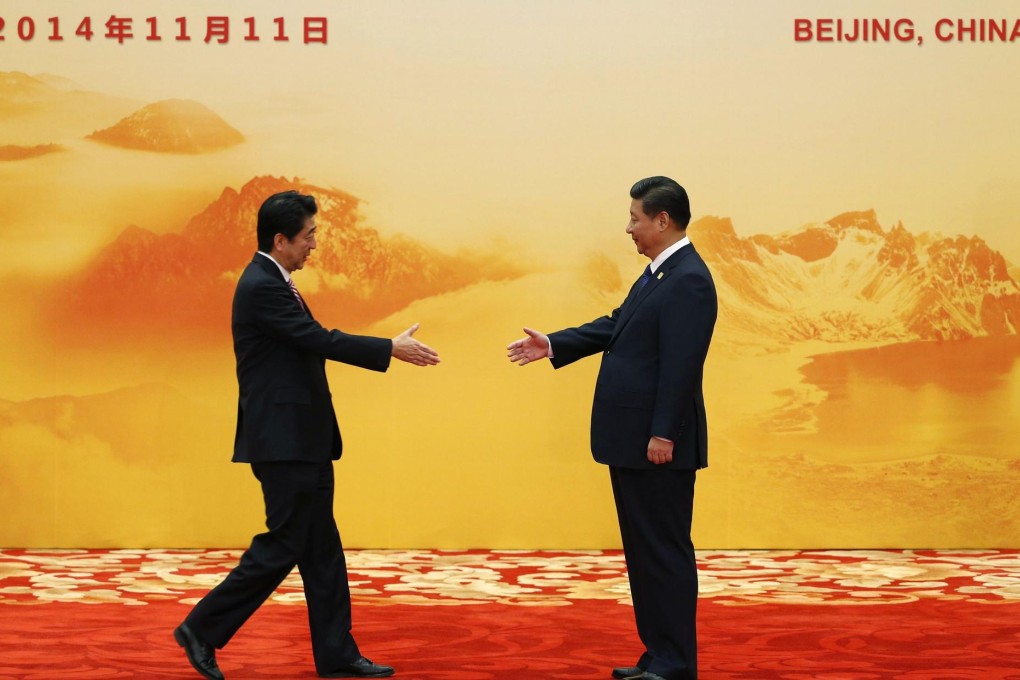China and Japan must work hard at restoring the ties they both need
Whatever their feelings, Beijing and Tokyo still need each other

The leaders of China and Japan have had several high-level exchanges over the past week since breaking a two-year diplomatic stalemate.
The latest encounter came on Wednesday when Japanese Prime Minister Shinzo Abe had a brief chat with Premier Li Keqiang on the sidelines of the Association of Southeast Asian Nations summit in Myanmar.
That conversation came after a half-hour meeting, which China said was at the request of Tokyo, between Abe and President Xi Jinping in Beijing on Monday during another regional summit.
Although both sides described the meeting at the Asia-Pacific Economic Cooperation gathering as ice-breaking, Sino-Japanese ties still faced many uncertainties due to the lack of trust and rising nationalism in both countries, observers said.
Exchanges between the two countries in the coming months would be largely confined to economic cooperation, they said.
The uncertainty in the relationship was highlighted by Japanese Foreign Minister Fumio Kishida on Thursday when he said that a four-point accord reached by both nations before the Xi-Abe talks was "not legally binding".